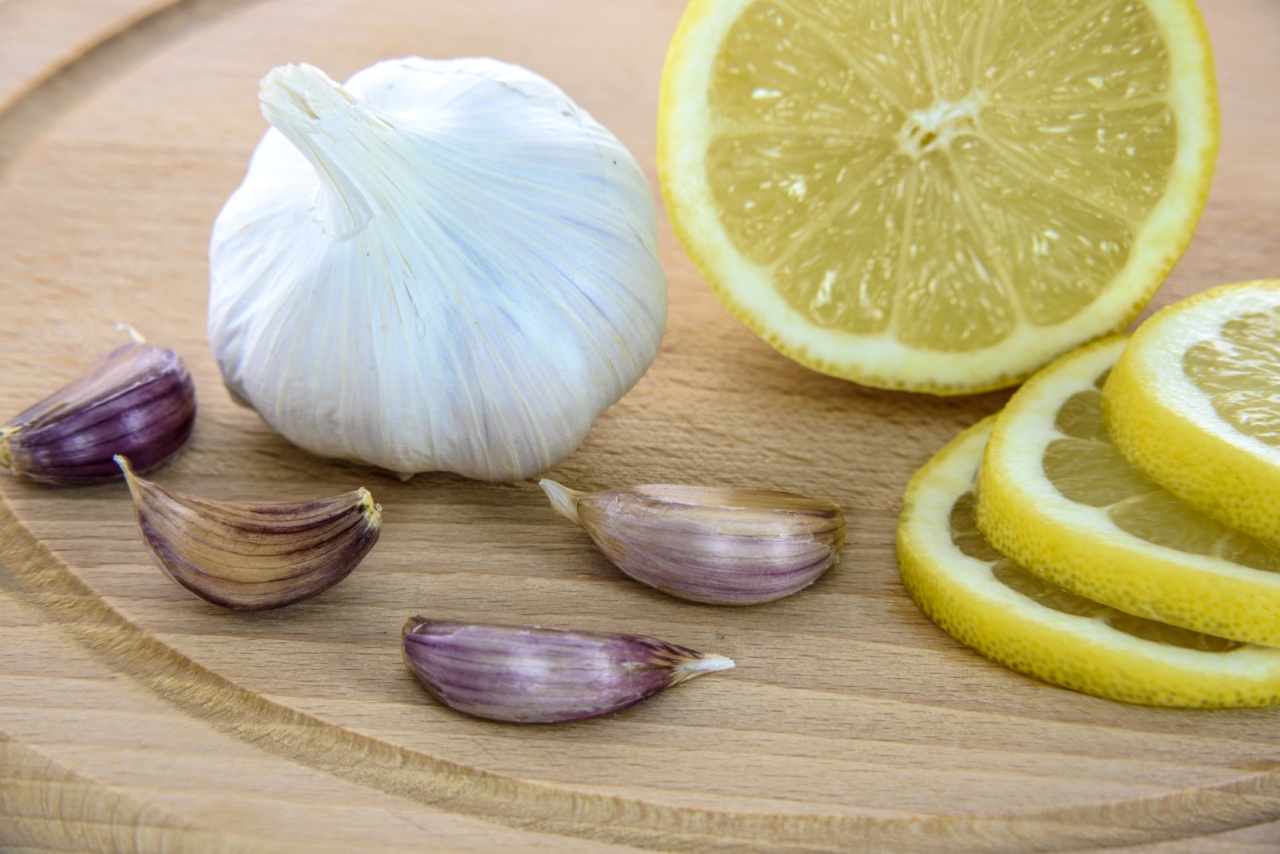Bowel cancer, also known as colorectal cancer, is a deadly disease that affects the large intestine (colon) or rectum. It is a commonly diagnosed cancer worldwide, with a significant impact on both the physical and emotional well-being of patients.
While conventional treatment options such as surgery, chemotherapy, and radiation therapy are commonly used, there is growing interest in using nutrition as an adjunctive therapy for bowel cancer.
The Role of Nutrition in Bowel Cancer Prevention
Nutrition plays a critical role in preventing the development of bowel cancer.
Several dietary factors have been linked to an increased risk of developing this disease, including a diet high in red and processed meats, low intake of fruits and vegetables, and excess alcohol consumption. On the other hand, a healthy diet rich in fiber, whole grains, fruits, vegetables, and lean proteins has been associated with a reduced risk of bowel cancer.
The Impact of Nutrition on Bowel Cancer Treatment
Besides prevention, nutrition also plays a crucial role in the treatment of bowel cancer. Malnutrition is a common concern among cancer patients, including those with bowel cancer, and it can impact treatment outcomes and overall survival.
Adequate nutrition during and after treatment is essential to maintain strength, support the immune system, and improve the body’s ability to recover from the side effects of various therapies.
Eating Well During Bowel Cancer Treatment
During bowel cancer treatment, it is important to focus on eating a balanced diet that includes a variety of nutrient-rich foods. Here are some key recommendations to consider:.
1. Increase Fiber Intake
Fiber plays a crucial role in maintaining bowel health. Opt for whole grains, legumes, fruits, and vegetables to increase your fiber intake.
However, if you experience diarrhea or other digestive issues, consult with your healthcare team before making significant dietary changes.
2. Consume Antioxidant-Rich Foods
Antioxidants help protect your cells from damage caused by free radicals. Include foods such as berries, leafy greens, nuts, and seeds in your diet to boost your antioxidant intake.
3. Choose Lean Proteins
Protein is essential for tissue repair and recovery. Opt for lean sources of protein, such as poultry, fish, beans, and tofu, to meet your body’s protein needs.
4. Stay Hydrated
Proper hydration is crucial for overall health and well-being. Aim to drink enough water throughout the day, and consult with your healthcare team if you have any fluid restrictions.
5. Manage Digestive Symptoms
Bowel cancer treatment may cause digestive symptoms such as nausea, vomiting, and diarrhea. Following a low-fat diet, avoiding spicy or greasy foods, and eating smaller, more frequent meals can help manage these symptoms.
6. Get Adequate Nutrients
During treatment, your body may require additional nutrients to support healing and recovery. Consult with a registered dietitian to identify any specific nutritional needs and develop a personalized meal plan.
7. Consider Supplements
In some cases, dietary supplements may be necessary to meet your nutrient requirements.
However, it is important to discuss the use of supplements with your healthcare team to ensure they do not interfere with your treatment or interact with any medications.
8. Seek Professional Guidance
Every individual’s nutritional needs during bowel cancer treatment may vary.
It is recommended to seek guidance from a registered dietitian who specializes in oncology nutrition to create a personalized plan that addresses your unique dietary requirements.
Conclusion
While nutrition alone cannot cure bowel cancer, it can play a significant role in preventing the disease and supporting treatment.
By making healthy dietary choices and seeking professional guidance, you can optimize your nutrition and overall well-being during your bowel cancer journey.





























